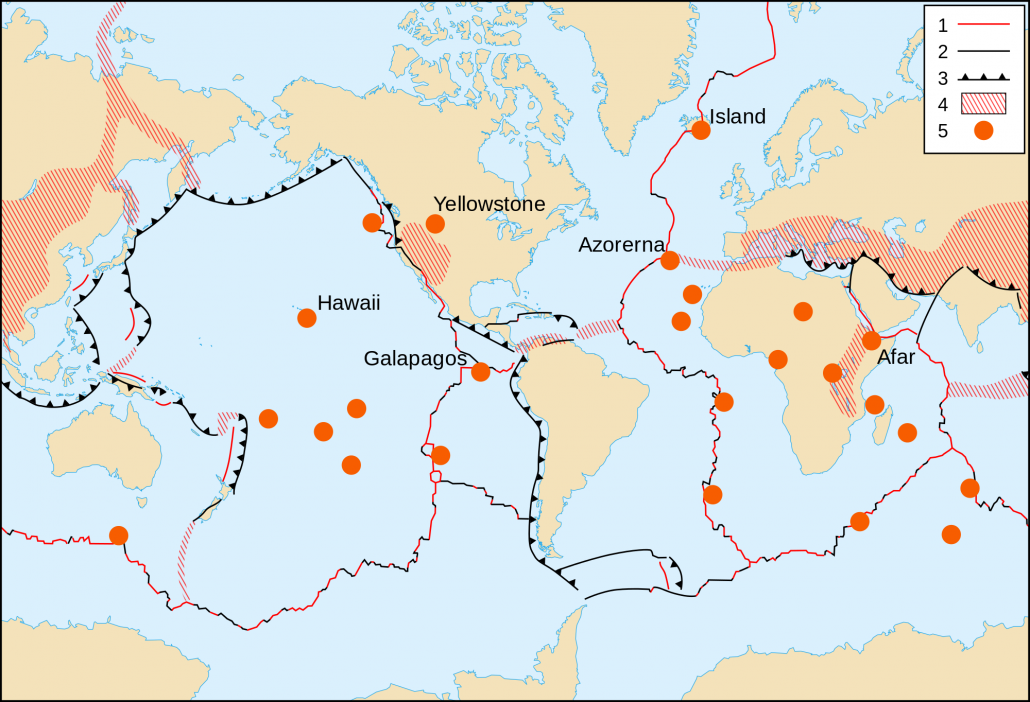Geography isn’t just about maps—it’s a dynamic story of Earth’s crust constantly being reshaped by tectonic forces. Two major phenomena contributing to this transformation are volcanic hotspots and island arcs. Hotspots occur when a plume of molten rock from deep within the mantle rises to the surface, piercing through tectonic plates and forming volcanoes. Over time, as a plate drifts, a chain of volcanoes may develop, such as those seen in the Hawaiian Islands. Island arcs, on the other hand, form where one oceanic plate subducts beneath another, creating a band of volcanoes parallel to deep-sea trenches. They are typified by curved chains of islands like the Aleutians or Japanese archipelago.
These geological formations are crucial for understanding Earth’s geography because they influence the creation of new landmasses, affect biodiversity, and present both risks and opportunities to human populations. Volcanic islands born of hotspots often start as underwater seamounts that build up over time, eventually emerging above sea level. Island arcs tend to be rife with seismic activity and eruptive volcanoes; they shape local climates, soil fertility, and biogeography. Islands in arcs may also coalesce or change over geological timescales due to subduction and plate collision.
From an E-E-A-T (Expertise-Experience-Authority-Trustworthiness) perspective, understanding these processes helps both academics and the general public correctly interpret natural hazards and the formation of land. Knowledge about island arcs and hotspots comes from extensive geological survey, seismology, radiometric dating, and plate motion modelling. Applying this insight can improve disaster preparedness (volcanoes, earthquakes), inform conservation efforts for unique insular ecosystems, and guide sustainable development in island regions. The story of hotspots and island arcs reminds us that Earth’s surface is alive—always forming, sometimes destroying, and ceaselessly fascinating.


